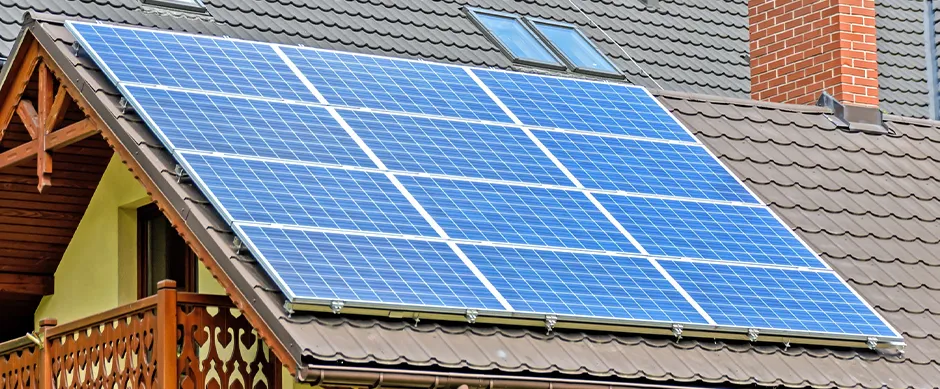solar panels winter performance
The Performance of Solar Panels in Winter What You Need to Know
As the temperature drops and snowfall blankets many regions, the effectiveness of solar panels often comes into question. Many people assume that solar energy generation significantly decreases during the winter months due to shorter days and inclement weather. While it is true that winter presents challenges for solar energy production, there are several factors to consider that highlight solar panels' unique performance characteristics in cold weather.
How Solar Panels Generate Energy
Solar panels work by converting sunlight into electricity. They consist of photovoltaic (PV) cells that harness solar radiation. Interestingly, solar panels are more efficient at lower temperatures. This means that while daylight hours are shorter, they can still perform relatively well in cold weather conditions. Research indicates that the efficiency of solar panels typically increases by about 0.5% for each degree Celsius drop in temperature. Thus, in cold, sunny climates, solar panels can operate effectively even during winter.
The Effects of Snow
One of the primary concerns regarding solar panel performance in winter is snow accumulation. A thick layer of snow can obstruct sunlight and inhibit energy generation. However, there are several factors that can mitigate these issues
1. Tilted Panels Most solar panels are installed at an angle, which helps snow slide off naturally. The steeper the angle, the less likely snow will sit on the panels.
2. Temperature Changes Solar panels can warm up slightly when exposed to sunlight, even in cold temperatures. This warmth can help melt the snow, allowing it to slide off without much manual intervention.
3. Reflectivity If the panels are coated with a layer of frost or snow, they can still generate some energy due to the way sunlight reflects and scatters. In some cases, the surrounding snow can even enhance energy capture by reflecting additional sunlight onto the panels.
solar panels winter performance

Shorter Days, Still Valuable Energy
While the days are shorter in winter, many solar panel systems come with energy storage solutions, such as batteries, that allow users to store energy generated during daylight hours. This stored energy can then be used when sunlight is scarce, making solar energy a reliable resource throughout the winter months.
Moreover, advancements in solar technology, including the development of bifacial solar panels, maximize energy generation. These panels capture sunlight on both sides, gaining extra energy from sunlight reflected off the ground, which can be especially useful in snowy environments.
Location Matters
The performance of solar panels in winter can vary greatly depending on geographical location. In regions with a lot of cloudy days and minimal sunlight during winter, the energy output will naturally decrease. In contrast, areas with clear skies and direct sunlight during winter months will see better performance from their solar systems. For example, states like California and Arizona maintain higher solar energy production even in winter due to a combination of ample sunshine and favorable temperatures.
Maintenance and Preparation
To optimize solar panel performance in winter, regular maintenance is crucial. Cleaning the panels of snow and debris can significantly improve their efficiency. Homeowners should also ensure that any overhanging tree branches are trimmed to prevent shading during the limited daylight hours of winter.
Conclusion
In summary, while winter presents challenges to solar energy production, it does not render solar panels ineffective. With their ability to perform better in cold temperatures, the right installation angle, advancements in technology, and proper maintenance, solar panels can still generate significant amounts of energy during the winter months. Embracing solar energy as a reliable alternative can contribute to a sustainable energy future, regardless of the season. As more people turn to renewable energy, understanding solar panel performance in winter will become increasingly important for both energy efficiency and environmental responsibility.
-
String Solar Inverter: The High-Efficiency Solution for Smart Solar EnergyNewsJul.14,2025
-
Revolutionizing Rooftop Energy with the Power of the Micro Solar InverterNewsJul.14,2025
-
Power Independence with Smart Off Grid Solar Inverter SolutionsNewsJul.14,2025
-
On Grid Solar Inverter: Powering the Future with Smart Grid IntegrationNewsJul.14,2025
-
Monocrystalline Solar Panels: High-Efficiency Power for the Future of Clean EnergyNewsJul.14,2025
-
Bifacial Solar Panel: A Smarter Investment for Next-Generation Energy SystemsNewsJul.14,2025







